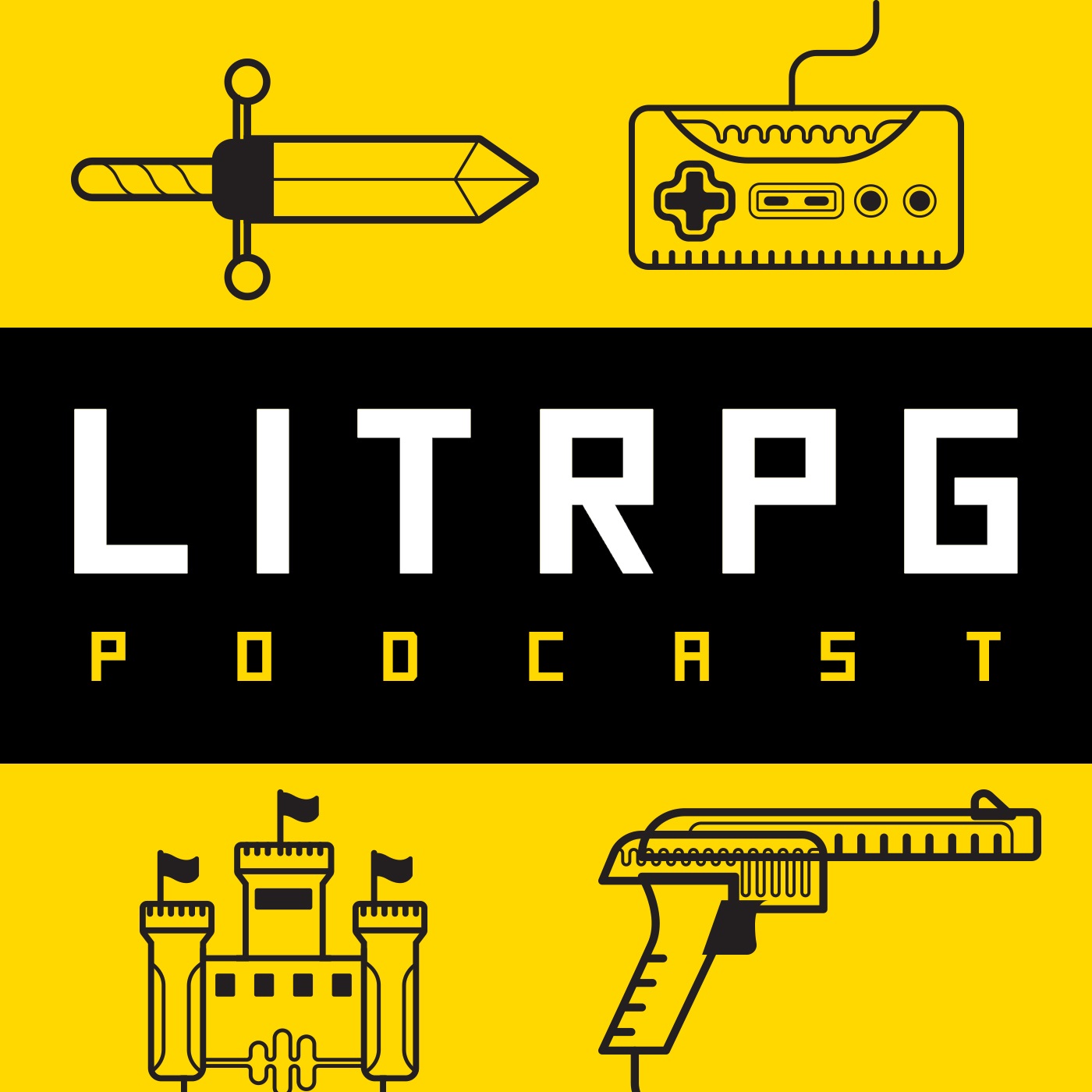Dale Brown accepts an in-game quest with real world ramifications.
Rhith Corp's Virtual Reality MMO, Nagant Wars, has the potential to alter life outside the game.
He must decide how far to allow his mind to stretch.
What should he believe?
Who should he trust?
Do reality and fantasy have fewer blurred lines than Dale imagined?
Along with his platoon of friends and potential enemies, Dale must fight in both of his worlds.
The real question is...can he outsmart his enemy?
---
My Opinion: 383 pages, $$2.99, Available on Kindle Unlimited
The first few pages of the novel set the tone for the philosophical speculation in the story. Then by the 2% mark, you're in the Nagant Wars game world.
The story is combat heavy, especially towards the beginning. The game mechanics consists of enemy descriptions, levels, perks, quests. However, combat doesn’t have damage numbers but teamwork is well thought out and balanced (ie: tanks, dps, healers, etc.) .
There’s plenty of banter and ribbing between the platoon members and each has a unique personality. I personally liked all the humorous conversations, the nods to pop culture, movies and other LitRPG works.
However, the place the author shines is in the speculative exploration of what a system like the Nagant Wars would mean for humanity. In book 1, that was explored in how realistic the NPCs were and how real combat was for the players. So much so that many left the game with PTSD.
In book 2, that great speculative exploration compares the viability of this system in resolving disputes in a digital domain, which is what the Nagant Wars is meant to do. Additionally, it explores what a sentient A.I. would do to become free of its digital confines and if it’s moral for it to do so considering it does not have the same biologically based imperatives that we do. No pain, no pleasure, no hunger, or need to procreate. Would the A.I. make a better ruler of mankind? Unfortunately, you don’t get to this part until about the 40% mark of the novel.
One of the few things I think could have been improved in the novel is the combat from 10% to 40%. While the stuff with Amy the assassin turns out to be important, the combat the main platoon goes through in this section feels unimportant. It’s not badly written or anything, it just feels like the author felt like he had to put it into the story to satisfy critics or some metric.
Overall, I had a good time reading the story. There’s action, adventure, romance, betrayal, and a touch of sci fi speculation. It felt much cleaner and focused than book 1. I truly enjoyed the portions of the story that made me stop and think for second about the themes in the story.
Score: 7 out of 10.

